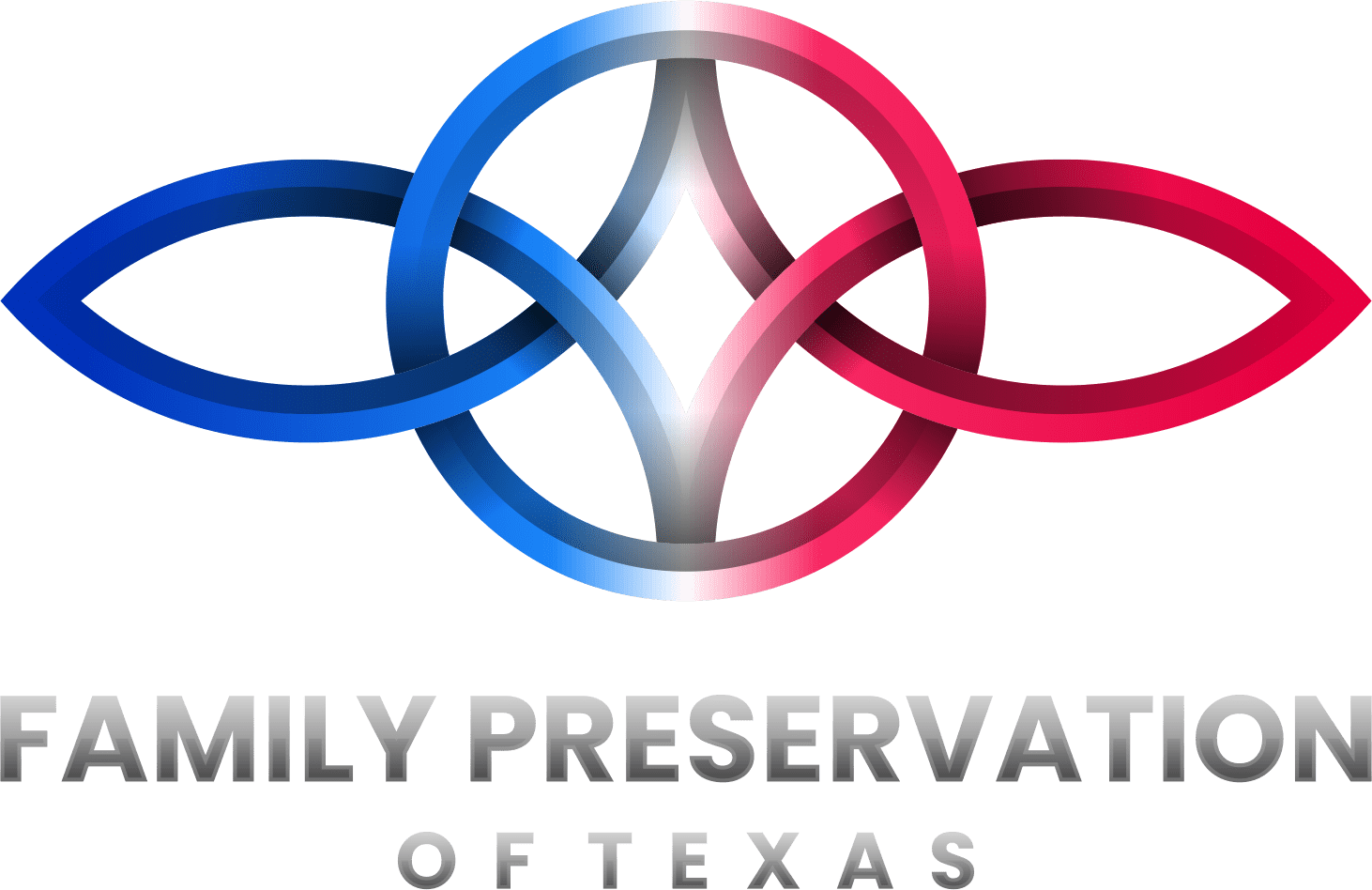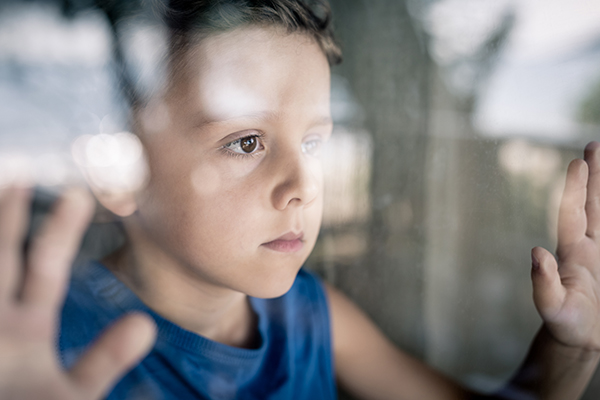Take a deep breath because we’re about to delve into a topic that hits right at the heart. Child Protective Services (CPS) is an essential institution to protect children from abuse and neglect. Sounds noble, right? However, recent scrutiny and a growing body of evidence have shed light on the flaws and failures within the CPS system. However, behind its well-intentioned façade, CPS often fails young children and tears families apart, leaving lasting emotional scars. In this article, we’ll explore the deeply unsettling reasons why CPS can be so damaging, leaving no doubt about the urgent need for change.
The Devastation of Overreach
One of the primary concerns surrounding CPS is its potential for overreach. Although it is essential to safeguard children’s welfare, there have been instances where CPS intervention was unwarranted or disproportionate. This overreach can result in unnecessary trauma for both children and their families.
Imagine, for a moment, being accused of something terrible, something you didn’t do. Imagine the authorities swooping in and forcibly separating you from your beloved child based on flimsy evidence or even unfounded claims. The sheer devastation that rips through your soul, the panic, the confusion—it’s unimaginable. Yet, this nightmare scenario is a harsh reality for countless families caught in the web of CPS overreach.
These children are typically taken from their families, from their homes, from their schools, without warning or preparation. They are then subjected to intense interrogations, invasive medical examinations, and forced to live elsewhere, waiting for an investigation to begin.
Additionally, the investigation process can be intrusive and distressing for families who may already be facing difficult circumstances. The possibility of such overreach underscores the need for a system that ensures child protection while respecting the rights and dignity of families.
This reckless approach not only shatters families but also leaves innocent children traumatized. We cannot ignore the fact that this system, created to protect children, has the potential to inflict immeasurable harm on them and their families.

The Devastation of Overreach
One of the primary concerns surrounding CPS is its potential for overreach. Although it is essential to safeguard children’s welfare, there have been instances where CPS intervention was unwarranted or disproportionate. This overreach can result in unnecessary trauma for both children and their families.
Imagine, for a moment, being accused of something terrible, something you didn’t do. Imagine the authorities swooping in and forcibly separating you from your beloved child based on flimsy evidence or even unfounded claims. The sheer devastation that rips through your soul, the panic, the confusion—it’s unimaginable. Yet, this nightmare scenario is a harsh reality for countless families caught in the web of CPS overreach.
These children are typically taken from their families, from their homes, from their schools, without warning or preparation. They are then subjected to intense interrogations, invasive medical examinations, and forced to live elsewhere, waiting for an investigation to begin.
Additionally, the investigation process can be intrusive and distressing for families who may already be facing difficult circumstances. The possibility of such overreach underscores the need for a system that ensures child protection while respecting the rights and dignity of families.
This reckless approach not only shatters families but also leaves innocent children traumatized. We cannot ignore the fact that this system, created to protect children, has the potential to inflict immeasurable harm on them and their families.

Trauma to Children
While CPS aims to protect children from harm, the intervention process can inflict trauma upon them. Child removal and separation from their families, even in genuine abuse or neglect cases, can have long-lasting psychological and emotional consequences. The sudden disruption of familiar environments, relationships, and routines can create confusion, fear, and anxiety for young children.
Furthermore, children in foster care or institutional settings may face additional challenges. Frequent changes in caregivers and uncertainty regarding their future can lead to attachment issues, feelings of abandonment, and compromised mental health. Recognizing the potential for trauma, it is crucial to ensure that CPS interventions prioritize the well-being and stability of children, considering less disruptive alternatives whenever possible.
The Neglect of CPS Itself
According to a report by the National Committee to Prevent Child Abuse, 72% of reports of abuse or neglect go uninvestigated. 90% of those children are 5 years old or younger.
Why? It’s not merely excessive caseloads. It’s also a lack of law enforcement training and experience to properly receive, investigate, and develop a proper process for each case. And when they do decide to act on a case, instead of adult police investigations where a response is measured in minutes, CPS response times are measured in days. For a life-threatening report, they have 24 hours to make it to the scene. To save a child.
The Need for a Comprehensive Approach
If we want to protect our children effectively, we must adopt a comprehensive approach prioritizing prevention and support for families. Reactive measures alone cannot stem the tide of abuse and neglect. We must address the root causes and offer a helping hand to those who need it most.
Investing in preventive measures can alleviate the burden on CPS, allowing it to focus on cases where immediate intervention is necessary and ensuring a more supportive and effective system for families in need.
By providing families with the necessary resources, including parenting education, affordable housing, and employment opportunities, we can create an environment that fosters child well-being and reduces the likelihood of abuse or neglect for children and also the child’s future children.
Roughly 30% of abused or neglected children will later abuse their own children. By putting in place preventative measures now, we are also helping countless future generations have brighter futures.
Reforming CPS for Better Futures
Recognizing the flaws within the CPS system is the first step toward improving it. Several reforms can create a more effective child protection system. These include:
- Strengthening evidence-based decision-making: Ensuring that CPS interventions are based on thorough investigations, sound evidence, and clear guidelines to avoid unwarranted overreach.
- Prioritizing family preservation: Whenever possible, exploring alternatives to removing children from their homes, such as providing support services, counseling, and temporary respite care, to maintain family unity and stability.
- Enhancing training and support for CPS workers: Equipping CPS professionals with comprehensive training on trauma-informed care, cultural sensitivity, and best practices for engaging with families non-adversarially.
- Expanding preventive services: Allocating resources to early intervention programs, accessible healthcare, mental health services, and economic support to address underlying issues before they escalate into child maltreatment.
The dark side of CPS cannot be ignored any longer. It’s time to face the painful truth: our current system fails vulnerable children and shatters families. Child Protective Services, with its noble objective of safeguarding children, often falls short of its goal due to inherent flaws and failures. Recognizing the potential for overreach, trauma to children, and the need for comprehensive support, it is imperative to reform the CPS system. By focusing on preventive measures, strengthening decision-making processes, and prioritizing family preservation, we can pave the way to a brighter future and create a more effective, compassionate system that ensures the safety, well-being, and stability of young children and their families.
Through the Family Preservation of Texas, we do just this. We help keep children out of CPS and introduce help to families in need. We work together with other agencies to create a thorough, nurturing approach.




